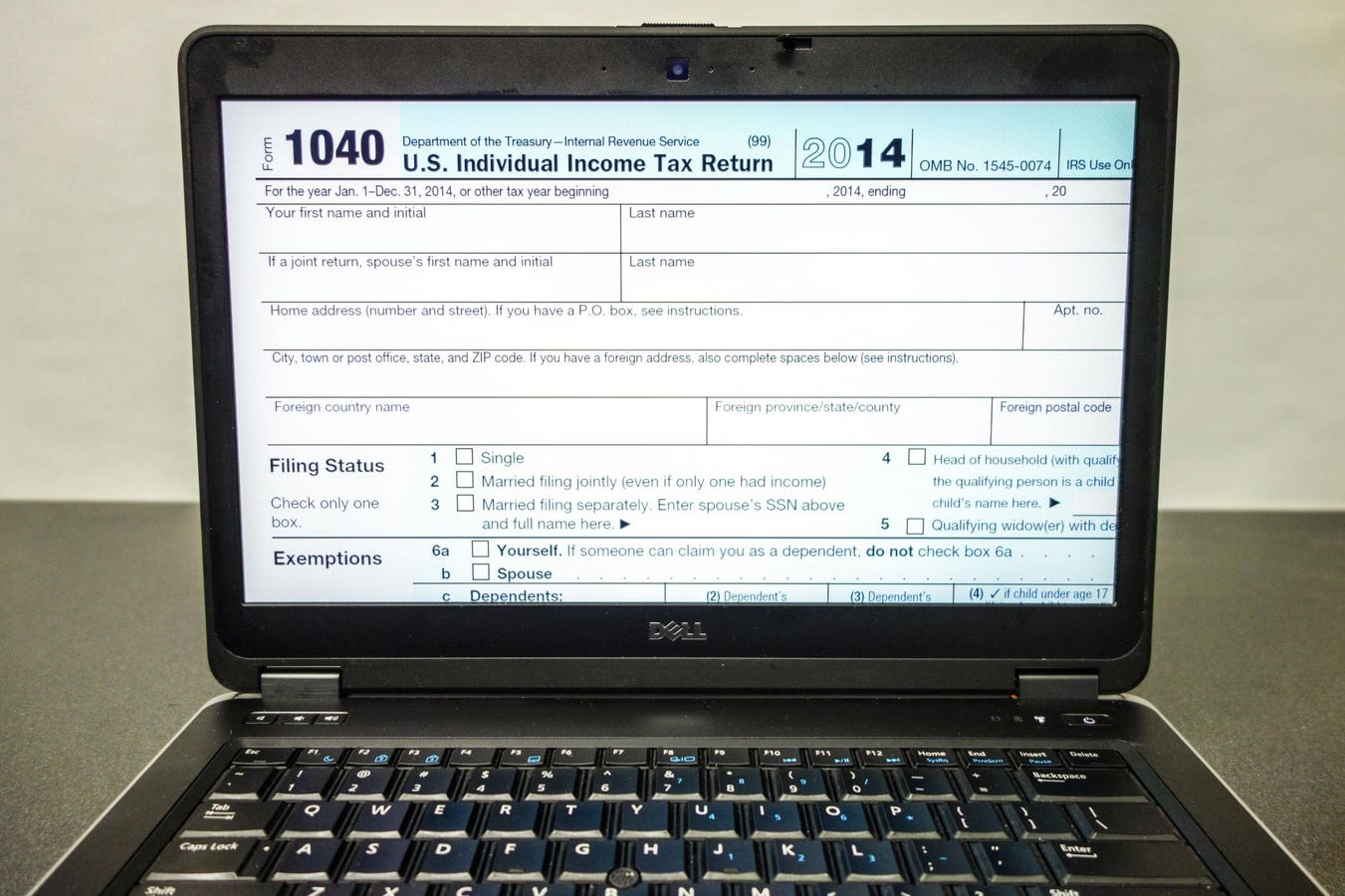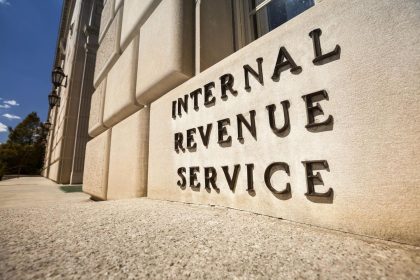The 2023 tax filing season is in full swing. Taxpayers and tax preparers are currently meeting to prepare tax returns for this filing season. In doing so, taxpayers who had foreign activities in 2023 should be extra careful of certain international information return obligations. Indeed, almost any foreign transaction can trigger an information return which, if not filed timely and accurately, may result in significant IRS headaches and civil penalties later down the road.
One particular information return that taxpayers should exercise special caution with is the IRS Form 3520. The following provides some helpful information about this reporting obligation.
Who Has To File IRS Form 3520?
As a general matter, only U.S. persons must file an IRS Form 3520. For these purposes, a U.S. person includes a U.S. citizen or “green-card holder” and any individual who meets specific residency tests under the Internal Revenue Code. Taxpayers who are new residents of the United States should be extra careful in determining whether they have a Form 3520 filing obligation as these taxpayers sometimes unknowingly become U.S. persons under the substantial presence test and typically have many transactions, such as reportable gifts, with foreign family members. Moreover, U.S. citizens located overseas should bear in mind that they also may have an IRS Form 3520 filing requirement because the filing obligation applies to these individuals regardless of their residence.
Foreign Trusts And Foreign Gifts
Taxpayers who are U.S. persons have an IRS Form 3520 filing obligation if they have certain transactions with foreign trusts or receive gifts or inheritances from foreign persons and estates.
With respect to a foreign trust, a U.S. person has an IRS Form 3520 filing obligation if the person settles or transfers funds or property to a foreign trust in any tax year. In addition, an executor of an estate must file an IRS Form 3520 on behalf of a U.S. decedent if the decedent passed away in the tax year and was treated as the owner of any portion of a foreign trust immediately prior to death or the foreign trust was included in the decedent’s estate for tax purposes. A U.S. decedent is treated as the owner of a foreign trust if the decedent meets any of the grantor trust rules in the Internal Revenue Code. Taxpayers who fall under any of these requirements must complete Part I of the IRS Form 3520.
In addition, U.S. persons who are treated as owners of any portion of a foreign trust at any time during the tax year must file an IRS Form 3520. Similar to the above Part I rules applicable to a decedent, a U.S. person is treated as an owner of all or a portion of a foreign trust to the extent the person meets the grantor trust rules (e.g., the trust is revocable). Taxpayers who fall under this reporting requirement must complete Part II of the IRS Form 3520. Moreover, these taxpayers may have a separate IRS Form 3520-A filing requirement if the foreign trust fails to file the form on behalf of the trust (which is common).
U.S. persons who are beneficiaries of a foreign trust also have IRS Form 3520 filing obligations if they receive a distribution from the trust. These persons must complete Part III of the IRS Form 3520.
Finally, U.S. persons who receive certain gifts or inheritances from foreign persons or estates must complete Part IV of the IRS Form 3520. For this reporting requirement to apply, however, the U.S. person must receive a foreign gift or inheritance of more than $100,000 if it is from a nonresident alien individual or estate. Much lower threshold amounts apply if a foreign gift is received through a foreign corporation or foreign partnership.
Significant Civil Penalties May Apply For Noncompliance
U.S. persons who fail to file a timely and accurate IRS Form 3520 may be subject to significant civil penalties. The amount of the civil penalty depends on the particular filing requirement and the transaction at issue.
For example, the IRS may impose a civil penalty equal to the greater of $10,000 or 35% of any amounts a U.S. person transfers to or receives from a foreign trust (i.e., Parts I and III of the IRS Form 3520). In addition, for undisclosed foreign gifts and inheritances (i.e., Part IV of the IRS Form 3520), the IRS may impose a civil penalty equal to 5% of the amounts received for each month the form is not filed, up to a maximum 25%.
Example
Larry creates and funds a foreign trust in 2021 by transferring $1 million to the trust. He fails to file a timely IRS Form 3520. Because Larry is late in filing the form, the IRS may seek to impose a civil penalty against him equal to $350,000 (i.e., 35% of $1 million).
Example
In 2021, Andrea received a $1 million gift from her grandfather who is a citizen of Australia. Andrea learns of the IRS Form 3520 filing requirement after its filing deadline and files the form three months thereafter. Because Andrea failed to file a timely IRS Form 3520 with respect to the foreign gift, the IRS may seek to impose a civil penalty against her equal to $150,000 (i.e., 15% of $1 million).
The Penalties Are Not Subject To The Deficiency Procedures
Although taxpayers often have the ability to challenge IRS determinations regarding penalties in the Tax Court, this right does not generally apply to civil penalties applicable to the IRS Form 3520. Instead, because the IRS may assess these penalties immediately, taxpayers often must try to resolve the penalty determination through available IRS administrative means—such as the IRS Independent Office of Appeals—or through full payment of the proposed penalties followed by a lawsuit in a federal court outside of the Tax Court. Because taxpayers have a limited amount of time to contest an assessed Form 3520 civil penalty, it is often crucial that taxpayers act quickly to exercise these administrative rights.
What Should Taxpayers Do If They Have To File a Late Form 3520?
U.S. persons who have missed an IRS Form 3250 filing deadline should carefully consider their options prior to filing the form late with the IRS. Under current IRS procedures, the IRS almost always automatically assesses the civil penalty upon receipt of the late-filed form.
In many instances, taxpayers may qualify for special programs offered by the IRS which can mitigate or eliminate the civil penalties. For example, taxpayers who qualify under the IRS Streamlined Filing Compliance Procedures can often avoid the penalty entirely, provided they meet the requirements of that program. The IRS offers other programs as well that may reduce or eliminate the civil penalty. However, U.S. persons should be mindful that many of these programs are no longer available after the IRS initiates a civil examination.
Taxpayers who do not qualify for an IRS program have options too. In these instances, U.S. persons should carefully consider whether they have reasonable cause for the late-filed IRS Form 3520. A good reasonable cause defense can also eliminate or substantially reduce the amount of the civil penalties.
Read the full article here

















